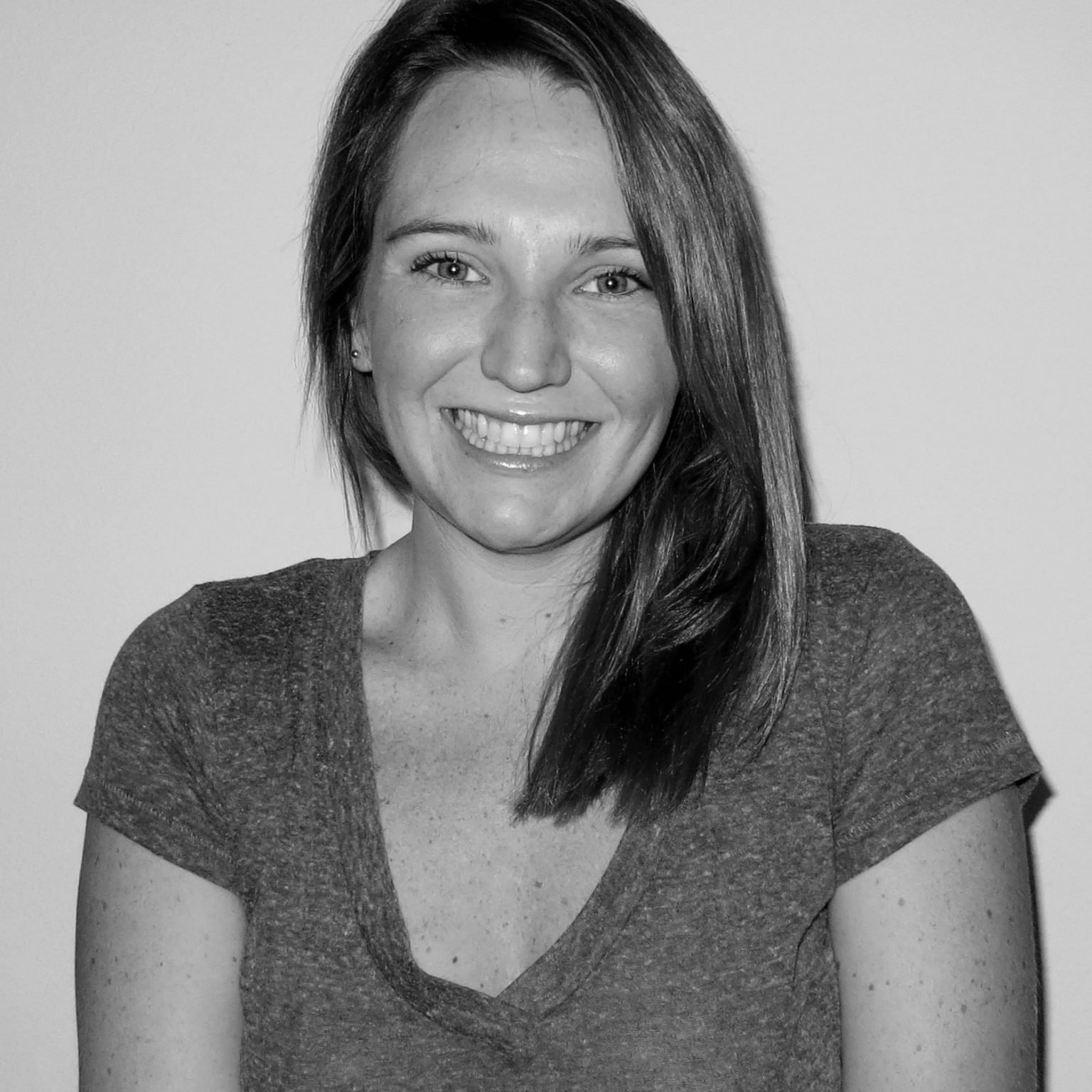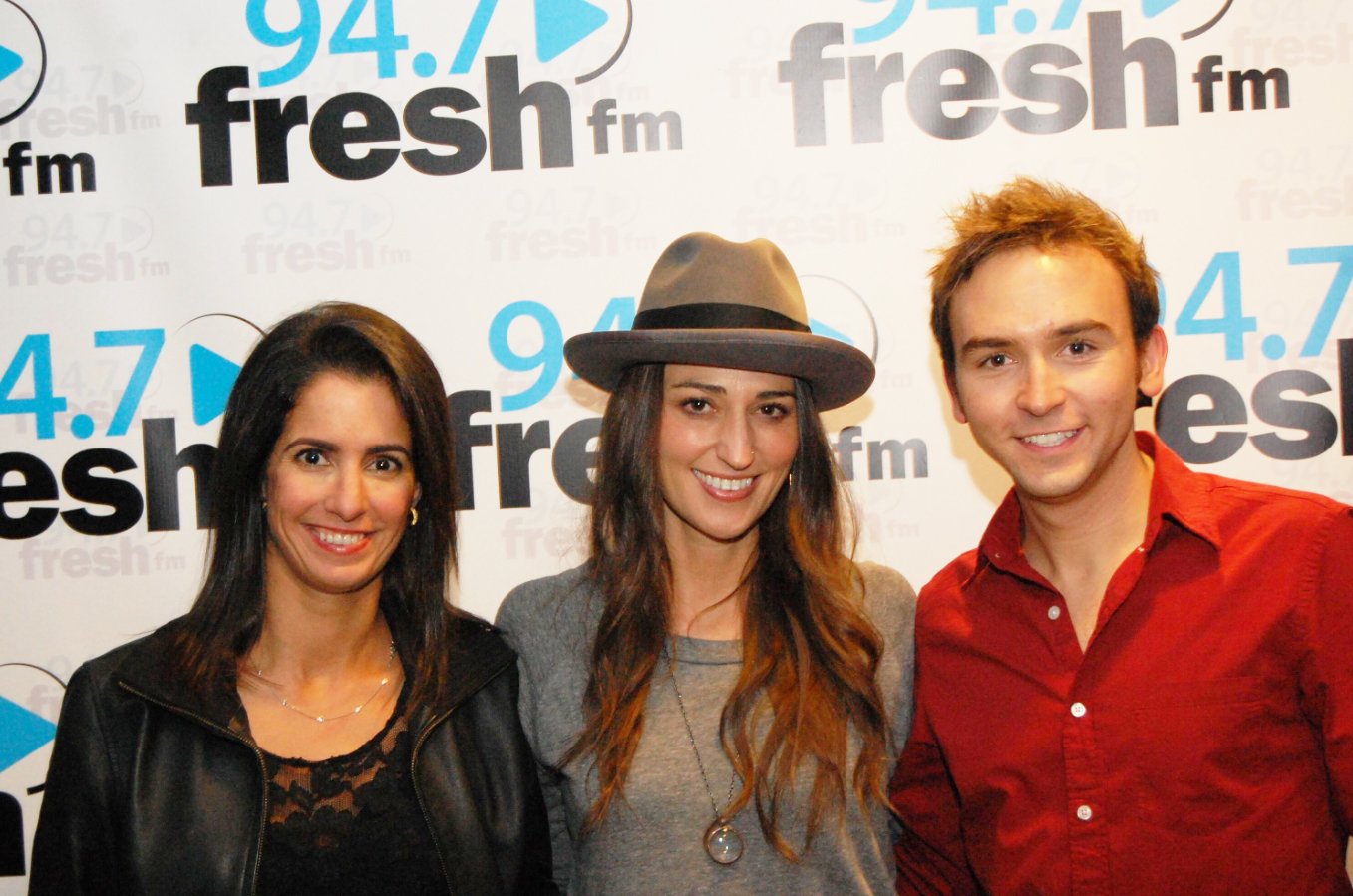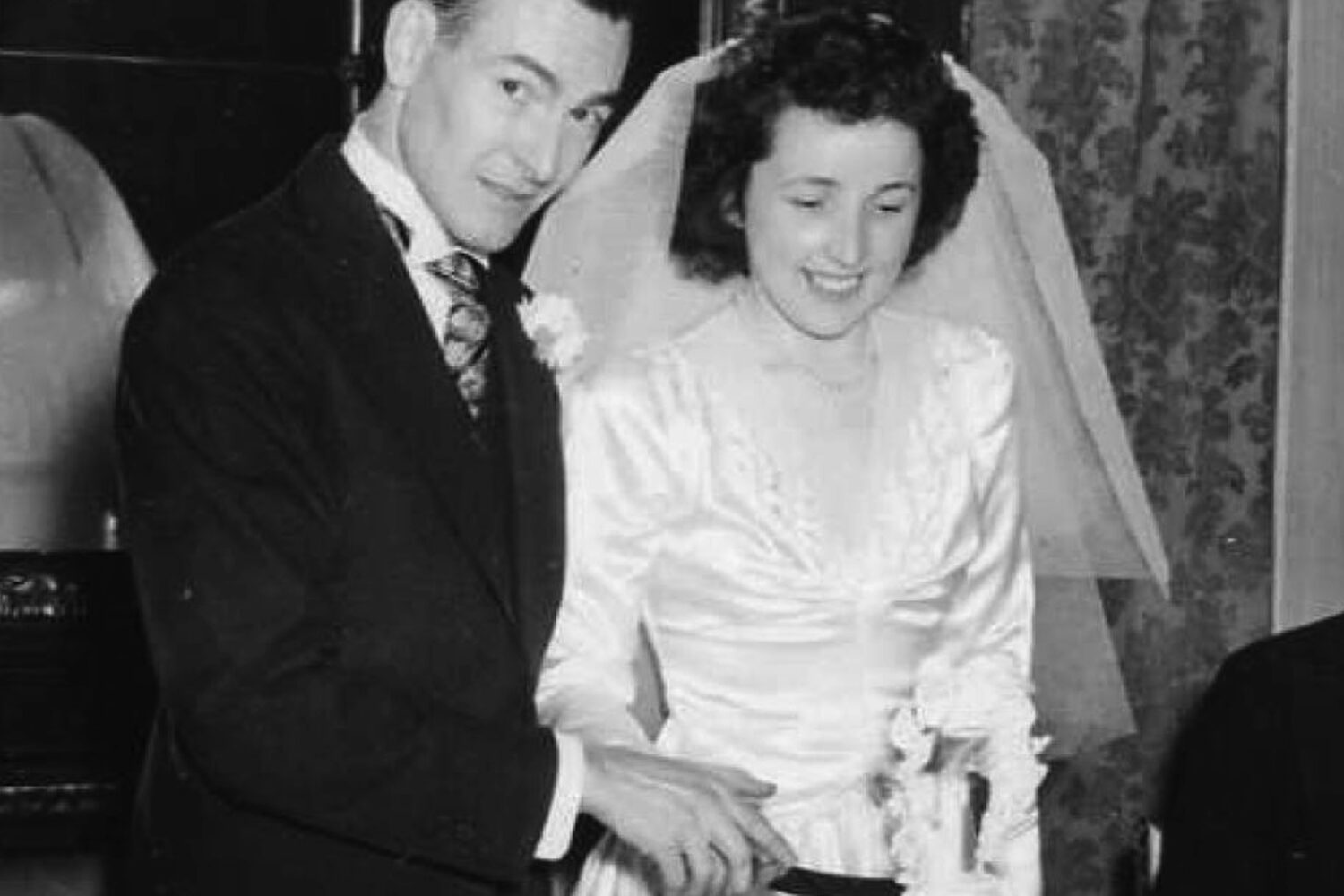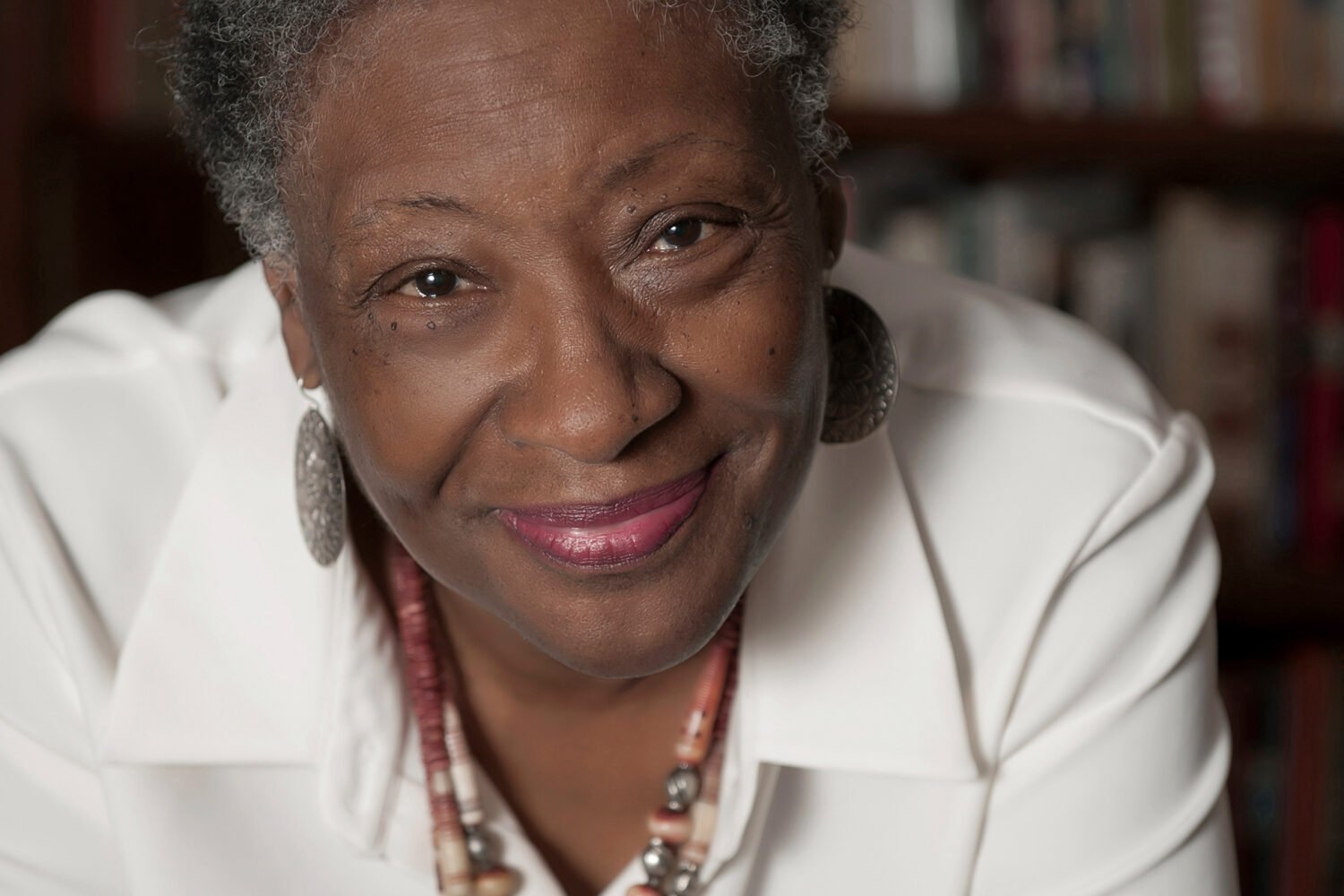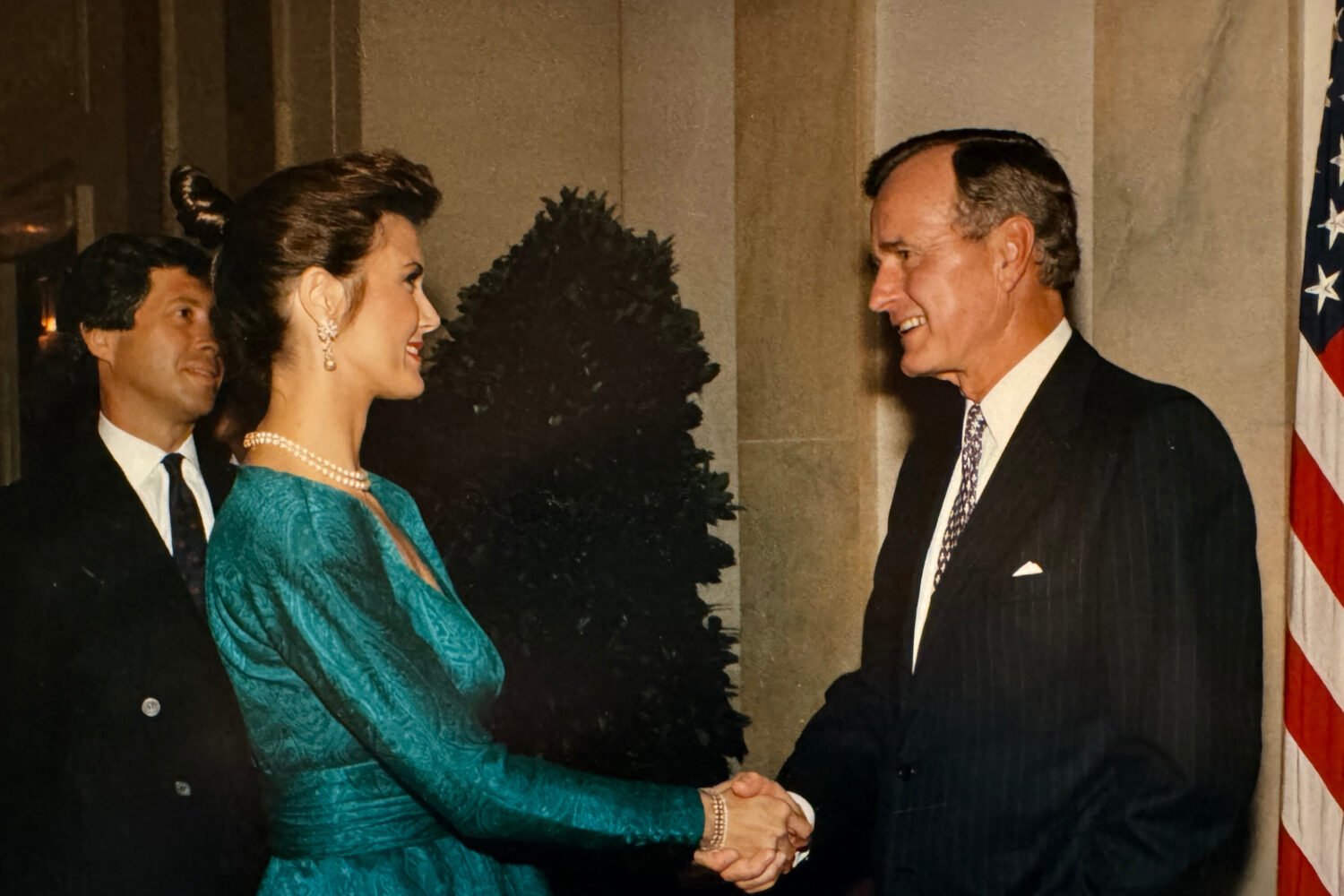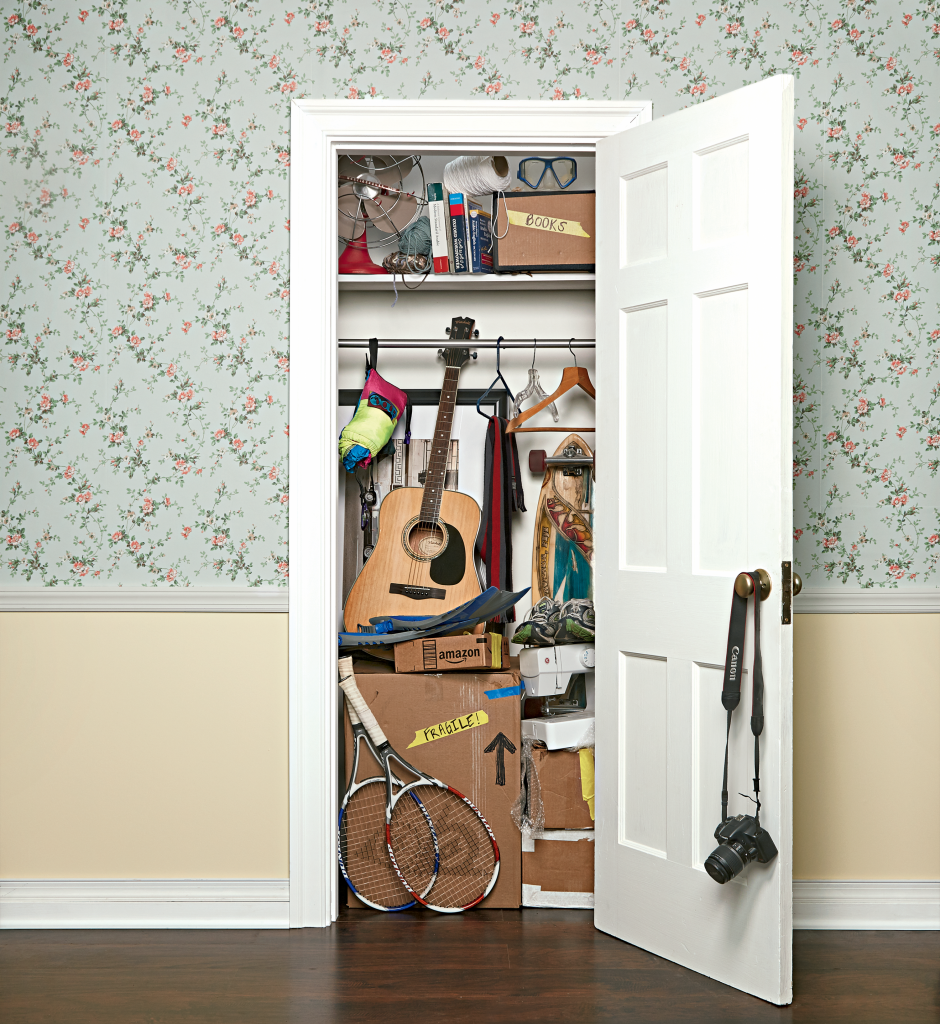
Within the 480 square feet of apartment I share with my stuff and my husband, there lives a closet. In that closet is a shelf and, on that shelf, shame, concealed like the deepest matryoshka doll. My shame, though, is not a doll. It takes the form of two tennis rackets stuffed into a single case. It’s a hammock that’s been used twice. It’s two sets of snorkeling gear, a very nice camera, a loom, and a ukulele. My shame is the guitar that resides on the bedroom floor because it’s too big for the closet—so small, in fact, that I use children’s hangers to stow my coats, shoulders drooping.
I hate opening that closet. Everything inside reminds me of something that at one point I really wanted to do or be but still basically can’t. It’s a closet of nostalgia and defeat and a vacuum cleaner, three of my least favorite things.
It was my husband, Samir, who insisted we take up tennis. Because the kind of running involved is difficult to appreciate on television, where the court looks modest and conquerable—like Pong for PS4, the otherwise unathletic can delude themselves into thinking they’ll be able play it. I reserved a court near a friend’s house for mixed doubles. We didn’t even own rackets yet.
We do own rackets now. Not bottom-grade, beginner rackets, because Samir thought those would be a waste of money and maybe even of our talent. “We won’t know if we’re any good if we don’t have the right equipment,” he said.
I knew right then, standing on the fourth floor of the cavernous sports store, that we weren’t any good, but the price difference was less than $50 and I had learned by that point not to pick fights over sums less than $50. The friend we were meant to play brought his girlfriend to the court, and she clearly set a higher threshold. They wore tennis whites. They swung Babolats.
Our Adams Morgan shoebox is less than two blocks from public, floodlit courts. We walk by sometimes and marvel at how good people can be at tennis. “We could still play if you wanted,” I encourage.
“We don’t have any tennis balls,” Samir says, and we go to dinner instead.
![]()
On the corner of 19th and S, a man sells his things on the weekends. Dusty portraits on stretched canvas, small pieces of antique-looking furniture he doesn’t want or need—a grab bag of decorative miscellany that suggests his home is a warren of candlelit rooms overflowing with first editions.
A friend recently showed me the set of sheathed daggers he’d mounted above his futon, which is really the most ominous thing you can do to a futon. I didn’t sit. “Those are jambia from Yemen,” he said. “Those are going to be worth money.”
As a person whose closet swells with every identity I try, I know I’m not alone. Washington can feel like a collection of people just passing through, bringing bits of their exotic lives with them and, sometimes, casting them off like jetsam. It’s a great place for yard sales, but we seldom ask what all the acquiring and deaccessioning mean. The man at 19th and S is a curator, my friend a swashbuckler. The most valuable thing I have to hawk is an untuned ukulele and the electronic tuner I bought so I could color-code myself to an on-key “Over the Rainbow.” I am a person who doesn’t understand her limits.
Even for my husband, an almost irritatingly constant exemplar of self-acceptance, limits have proved daunting. When we graduated from college, it seemed clear he would become an academic, like his parents. There was familial pressure, but he also liked school—it made sense. He’d be relatively broke, but his mind would be very expensive.
The Arabic lessons Samir enrolled in around the same time he started to consider leaving his PhD program didn’t pass the $50 test, but his mother was going to help him, and this would give them something to talk about that was unlikely to start a fight, inshallah. He quit after a few weeks (“It takes seven years to become fluent—I’ll never make it”), and the workbooks still sit tucked among the other books on our shelves, spine side in.
Washington is a great place for yard sales, but we seldom ask what all the acquiring and deaccessioning mean.
Lessons became a theme in our family for a while. My husband bought me guitar instruction for my 27th birthday so I could learn to play the instrument my father had bought me ten years earlier. My teacher told me I was a natural, that my philosophy degree meant I deeply understood the logic of the music I was playing but that the strings on my instrument were too heavy to learn on. I was seduced. I took the guitar to be restrung at the Guitar Center, from which I still receive weekly e-mails informing me that owning a Les Paul has never been easier. I rescheduled the second lesson at the last minute, and the teacher charged me anyway. Then I did it again.
I had a bit more luck with the Canon Rebel Digital SLR that Samir bought for me when my father was diagnosed with cancer. We’d known each other for five years then, and he understood I could be easily distracted by new toys with complicated instruction manuals. I took a semester’s worth of lessons—as a hobby, it very nearly stuck. But the camera is now resurrected from the depths of the closet only for vacations, on which I take many blurry photos because I use equipment I don’t understand. This past summer, I took the Canon Rebel from DC to Africa and I bought a new, better camera bag to holster it on safari drives. It mostly stayed holstered.
There were two ukulele lessons three years after the camera and another round of photography lessons as a 30th-birthday present I never bothered to redeem, signaling the end of an era. I haven’t given up on new hobbies, just on the idea that hiring a professional coach is sufficient inducement for me to follow through. If it takes 10,000 hours to become expert at something, then failing at things is quicker but bulkier. My apartment is riddled with the physical evidence, because repeatedly coming up short requires way more equipment than a single success.
![]()
When I arrived in Washington two years ago, I hadn’t spent more than 12 months in the same apartment in 13 years. I traveled from city to city in a cocoon of my own stuff, forced to shed and collect and shed again based on the changing demands of climate and closet space—a familiar story in a town of itinerants. It’s surprising what’s made the cut and what hasn’t. How the tennis rackets keep ending up in the back of a new closet, but not the thank-you cards I wrote after my bridal shower and never managed to send. How the weaving looms persist, but not the dress I wore to my college graduation. My cullings have been unsentimental if aspirational.
It’s only recently occurred to me what the stuff I’ve saved—what the tennis rackets and the guitar and Arabic workbooks and that skateboard (mine) and the sewing machine (mine) and the custom-orthopedic running shoes (his)—have in common. They are new and lovely interests that take the things my husband and I already like (watching tennis, listening to music, talking to each other in English, walking really slowly) and turn them into work. Afraid that our worlds have limits—because we’re in our thirties, because we debate buying a house in Petworth near all our friends, because we own furniture we didn’t assemble ourselves—each of us picks up hobbies as if wielding crowbars, desperate to pry them back open.
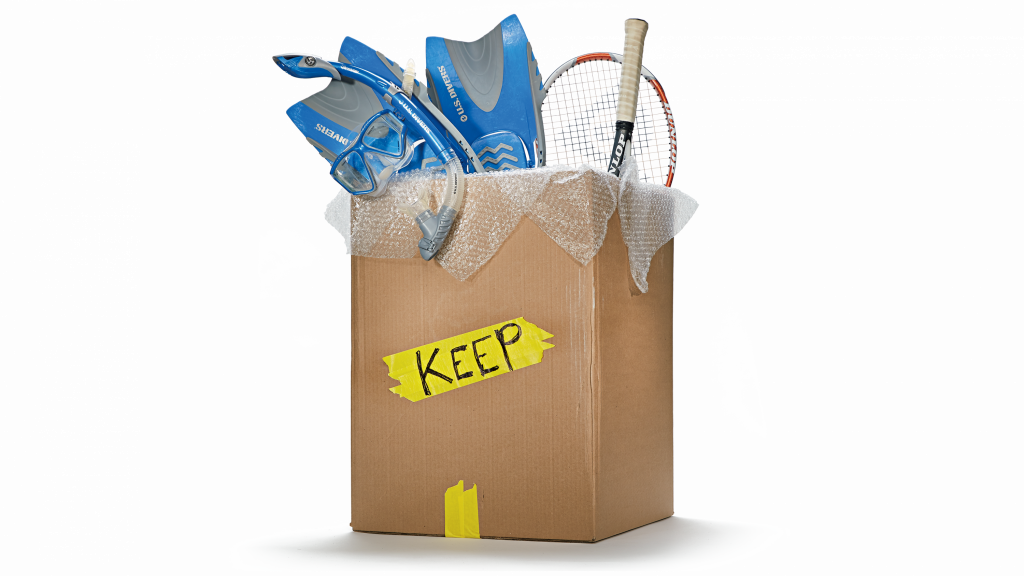
But between school and then jobs and families and our friends and moving, it seemed impossible to find the hours to become good at anything new. Almost by accident, the only thing I’ve committed serious time to is hanging out with Samir.
It’s how I knew he was never going to be able to tell me he loved me in Arabic, even before he left for class on the first morning. But he was struggling through the hours spent alone each day, in service of a PhD he would soon abandon. Language school gave him the feeling he was seeking out new versions of the future, and that was worth more than $50 to me.
When my husband bought me the Canon Rebel, he didn’t care how much I’d use it. It was an adult version of a puzzle book—an activity to keep me busy while the doctors and the real adults were talking. He was learning to anticipate the things I needed.
When we moved to DC, we promised to become people who spend weekends lost in museums, who check the Washington Post before we check ESPN. We haven’t; we don’t. In so many ways we’ve tried to change, we’ve barely even budged.
But a guy from the Guitar Center called me a few days after I dropped off my old guitar to tell me he couldn’t restring the instrument without risking breaking it. The strings were too old, and the neck was too fragile. Even though it had never been a good guitar, even when it was brand-new, I couldn’t take the gamble. It was a Christmas gift, one of the few my father ever picked out himself. He’d passed away just a year earlier, and I was still clutching his things close.
So Samir told me to buy a new guitar. It wouldn’t have occurred to 20-year-old Samir. Twenty-year-old me would have said she didn’t need one. We’ve become experts at each other and changed ourselves because of it. It didn’t require a membership or tap shoes or new ingredients to be left in the cupboards well past their expiration dates.
That now-old guitar has gone on to live in the corner of every bedroom we’ve shared for the last six years, without a single lesson taken or a single word about it. Ignoring it is almost a hobby.
This article appears in the March 2017 issue of Washingtonian.

